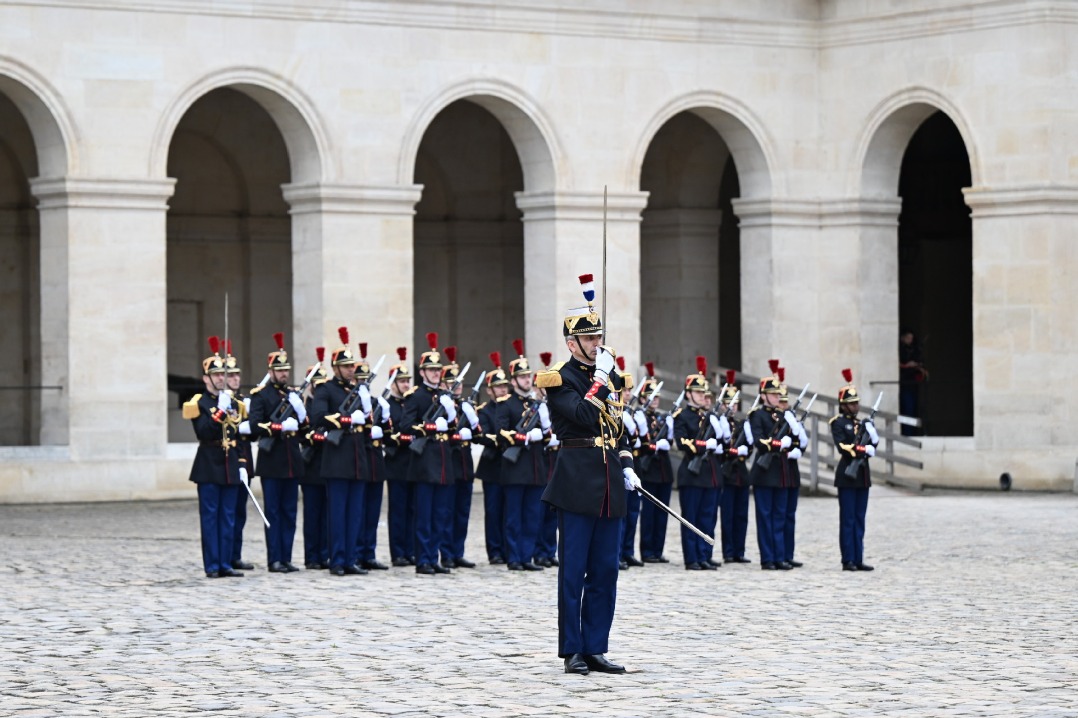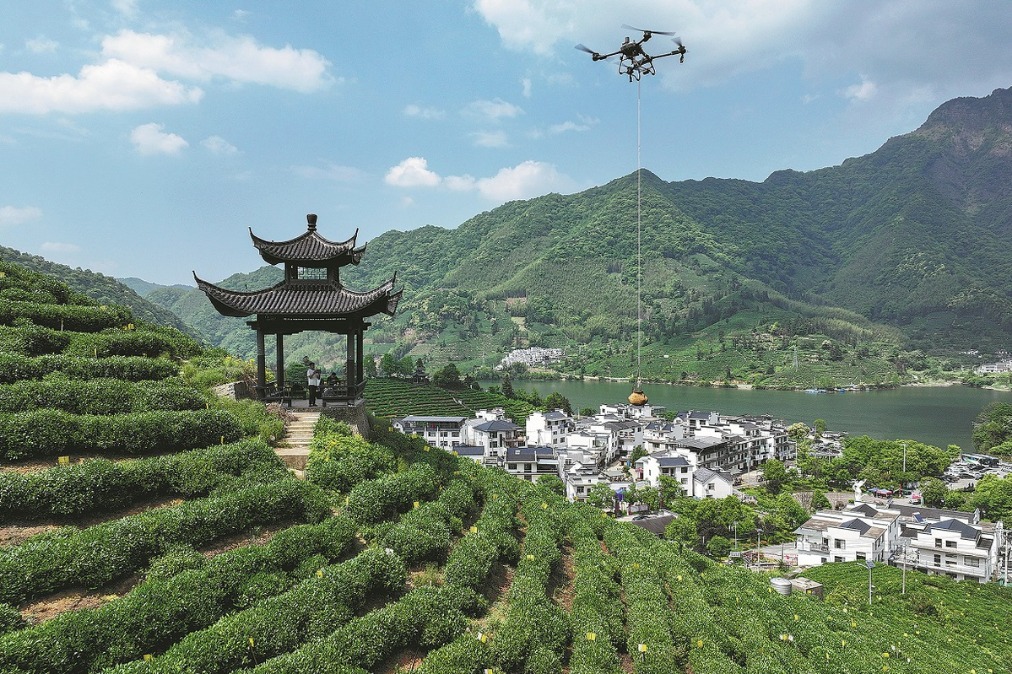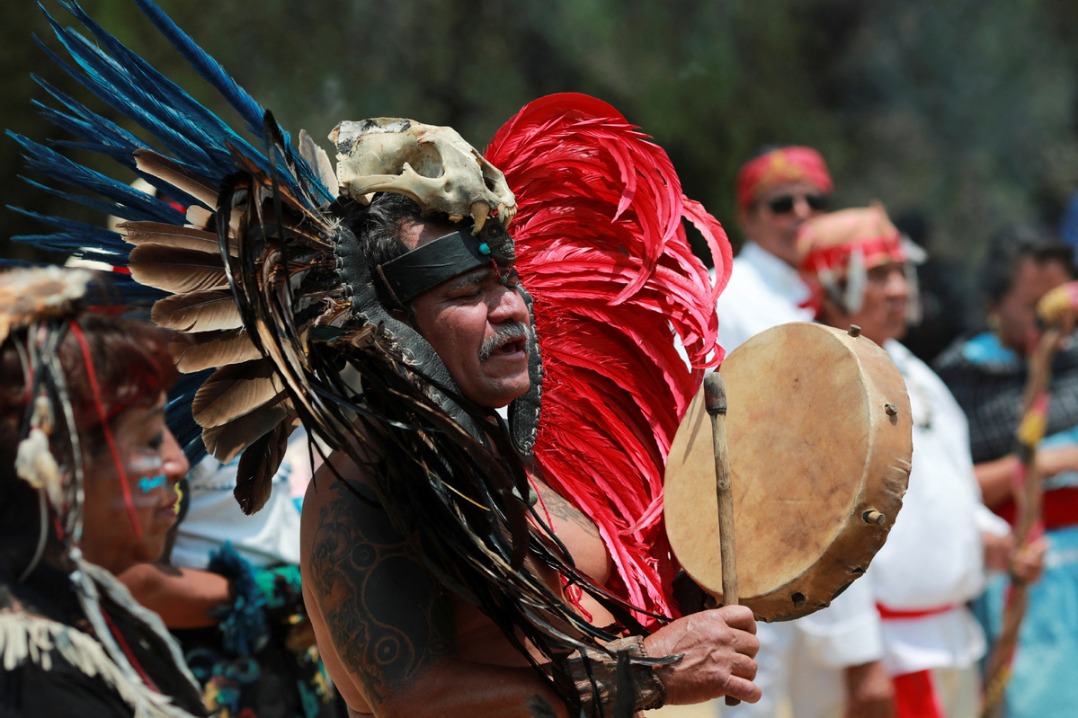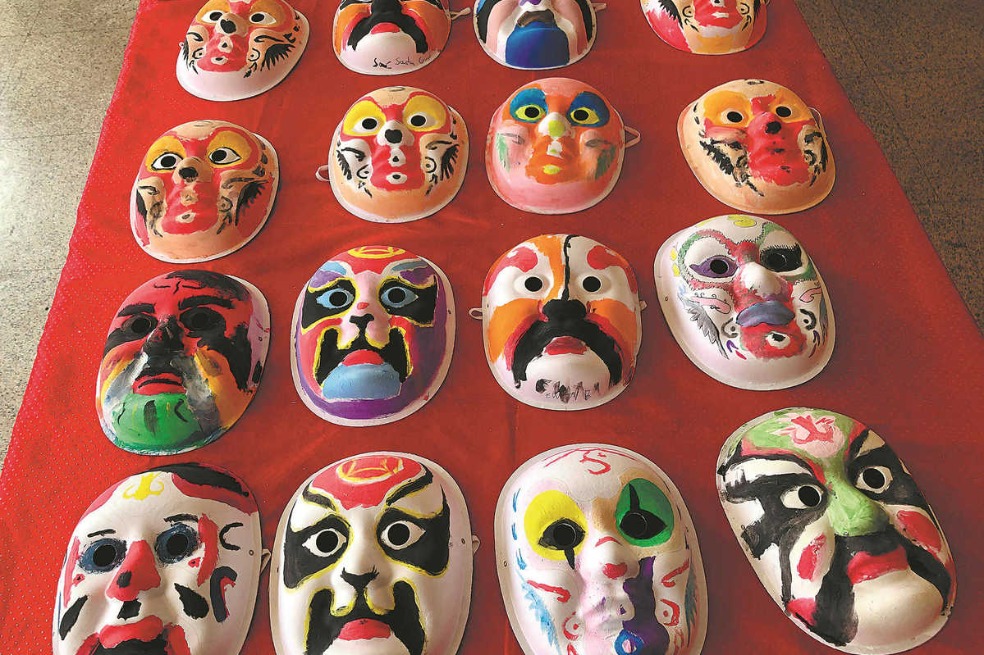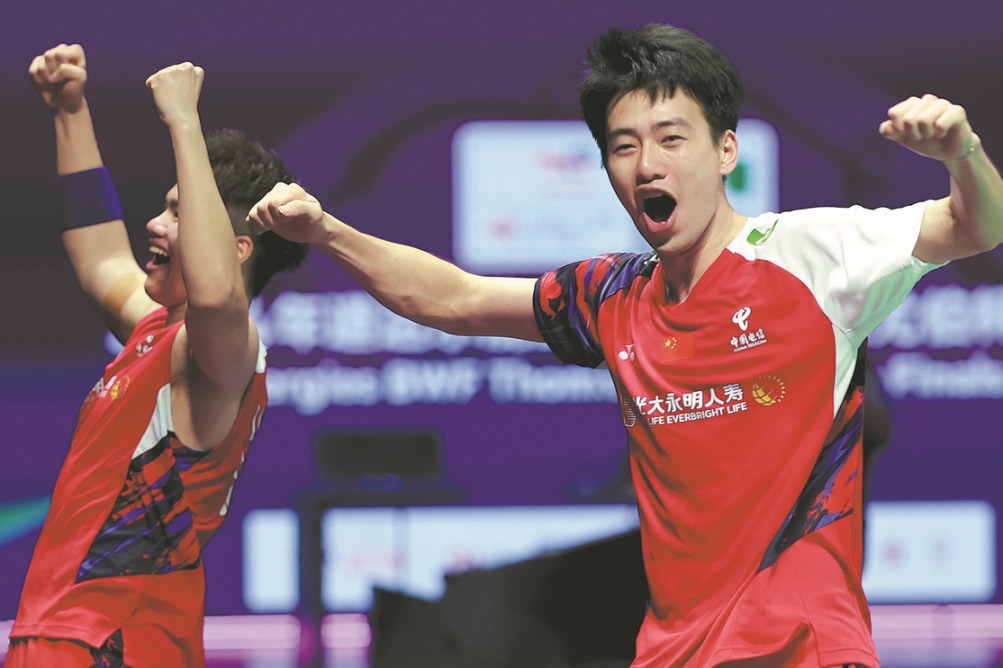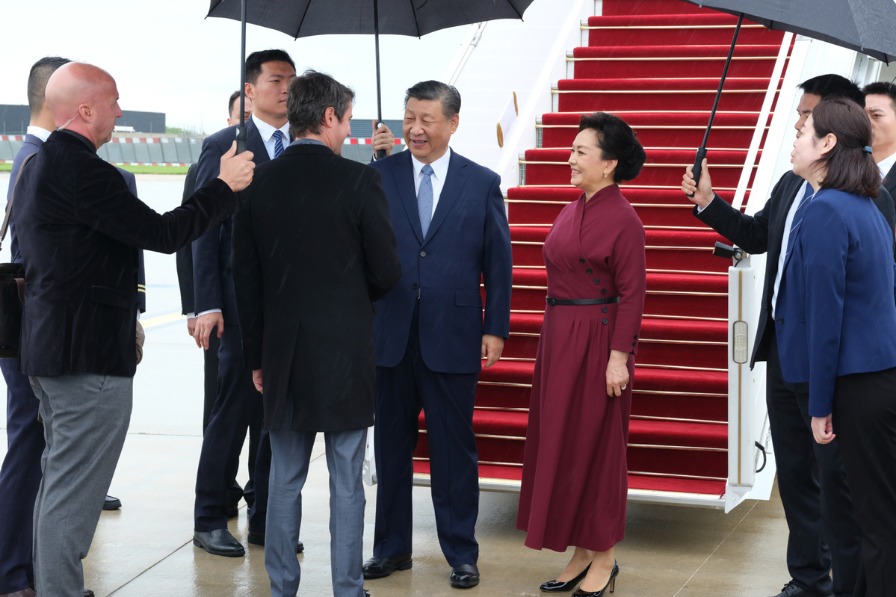The ivory keys to success
By Chen Nan | China Daily Global | Updated: 2024-03-05 08:37
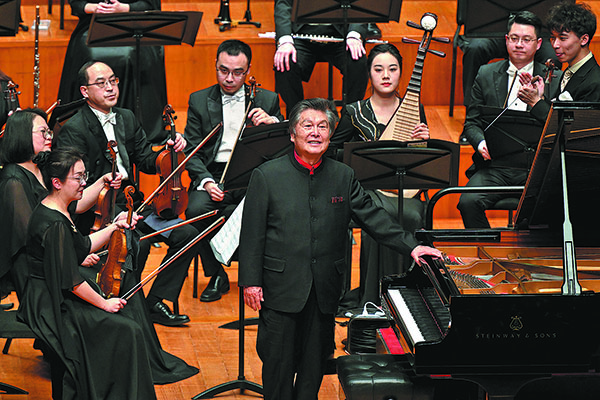
Born in 1941 on Gulangyu Island in Xiamen, Yin Chengzong is one of nine children in his family, and learned to play the piano as a child. It was natural for him to fall in love with music, as he says, because the island where he was born and grew up is also called the "island of music" or the "island of piano".
This is because Gulangyu was one of the first places in China where Western classical music was heard. Westerners lived and worked on the island, and they also brought their music. It is also known for being the home to the Gulangyu Piano Museum, which has the world's largest collection of pianos. Listed as a UNESCO World Heritage Site in 2017, the island attracts many tourists from around the world.
Giving his first piano recital at the age of 9, Yin Chengzong can still recall vividly that he played pieces by Chopin and Schubert, as well as music he arranged and based on Chinese songs.
"I have a good memory. I could play the songs I listened to on the piano without reading the musical scores," he says.
At 12, with a suitcase, an umbrella and 25 yuan ($3.5), Yin Chengzong left his hometown and went to study piano at the Shanghai Conservatory of Music, sponsored by the Xiamen Musicians Association.
The book, The Art of Piano Playing, written by piano teacher Heinrich Neuhaus, which was brought to China by He Luting (1903-99), who was the dean of the Shanghai Conservatory of Music, deeply influenced Yin Chengzong when he was a student in Shanghai.
"The book talks about the importance of technique in piano performance. However, it also says that without personal emotion, music is meaningless. It was very inspiring to me," he says.
Later, he transferred to study at the Central Conservatory of Music in Beijing. At 20, he claimed second place at the 1962 International Tchaikovsky Competition in Moscow.
"It seems to me that everything just happened yesterday," Yin Chengzong says, recalling the birth of the piano concerto.
When he worked with the Central Philharmonic Society, today's China National Symphony Orchestra, as a soloist, during the 1960s, Yin Chengzong and musicians, including Chu Wanghua, Sheng Lihong and Liu Zhuang, arranged The Yellow River. Under the baton of conductor Li Delun (1917-2001), Yin Chengzong premiered the concerto with the Central Philharmonic Society in Beijing in 1970, and quickly achieved success.
"Back then, piano was not as popular as it is today with the Chinese audience. Our goal was to let them enjoy the instrument, so we wanted to perform a piece that they were familiar with and loved," recalls Yin Chengzong.
In 1939, Xian composed the legendary Yellow River Cantata, which fueled patriotism during the War of Resistance Against Japanese Aggression (1931-45).
"When we decided to turn it into a piano concerto, we also wanted to present music that brings people power and strength. Till now, whenever I play the concerto, the audience can still feel its cheerful spirit," says the pianist.
"We went to the Hukou Waterfall on the Yellow River in Jixian county in Shanxi province, and we went to Yan'an, Shaanxi province, where the Yellow River Cantata was premiered," says Yin Chengzong.
Of all the performances of the concerto that the pianist has given, he remembers one in particular. It was in 1973 when under the direction of Eugene Ormandy, the Philadelphia Orchestra became the first orchestra from the United States to perform in China since the founding of the People's Republic of China in 1949.Yin Chengzong played the concerto during the concerts that the Philadelphia Orchestra and the Central Philharmonic Society gave together.
"Though it's a Chinese composition, I could feel that the American musicians were also connected. Music is better than words and helps people communicate," the pianist says.
To get more people interested in the piano, Yin Chengzong also adapted ancient Chinese music, such as the classic pipa pieces, Ambush From All Sides, and Spring Moonlight on the Flowers by the River. He also learned Peking Opera when he adapted the contemporary Peking Opera piece, Legend of the Red Lantern (Hong Deng Ji).
At 41, Yin Chengzong moved to the US and launched his career abroad. He made his debut in New York's Carnegie Hall in 1983 and has returned five times as a soloist. In 2021, he moved back to his hometown, Gulangyu Island, to live in the old house where he was born.
During the ongoing tour, he also performs Rachmaninoff's Piano Concerto No 2 in C Minor, Op 18, the piece that he played during the International Tchaikovsky Competition in 1962. "There is a sense of homesickness expressed in that piece, which I feel connected to," he adds.
Yin Chengzong practices the piano for five hours a day, which is a way, he says, to stay healthy.
"I am glad to see that many children learn to play piano nowadays. I also want to encourage senior people to learn the instrument, which benefits their health, such as by boosting concentration, memory, self-discipline and confidence," he says.





